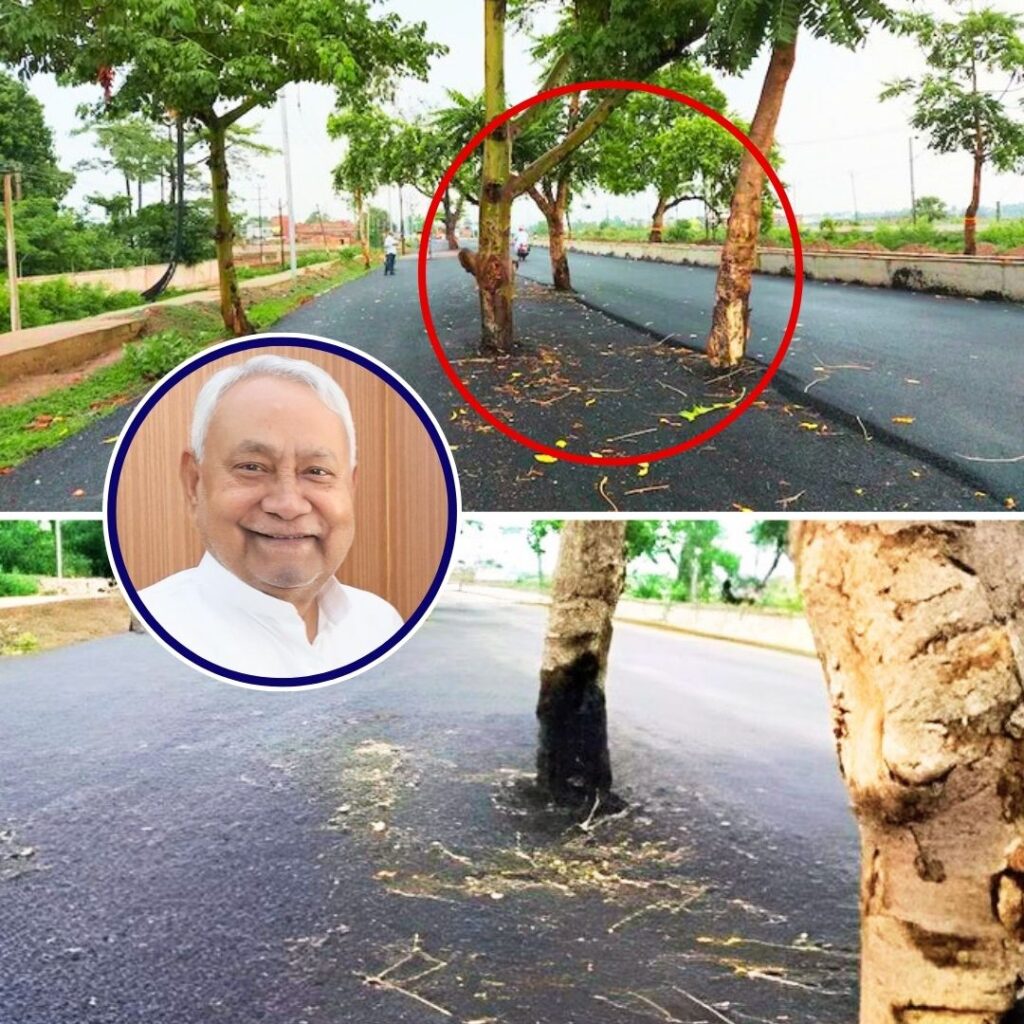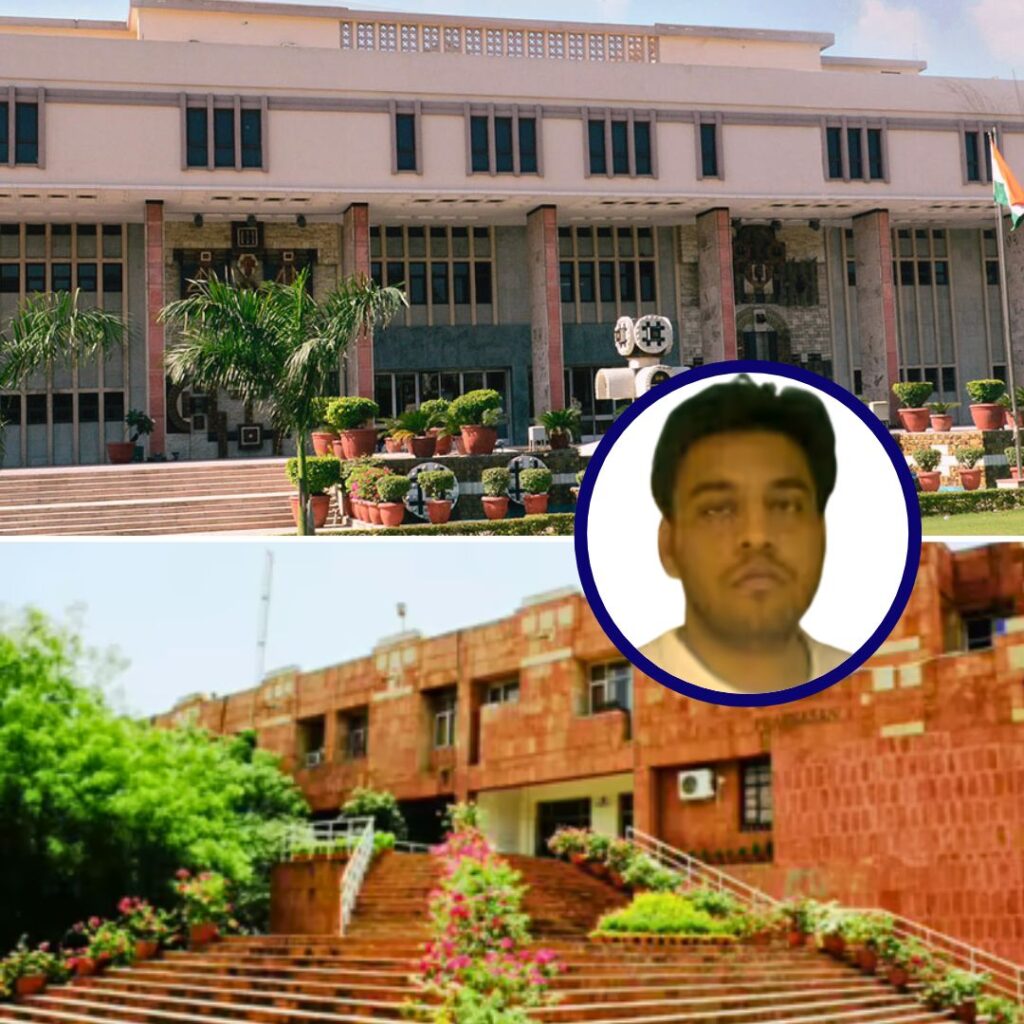In a major decision taken earlier today, Anurag Thakur, the President of the Board of Control for Cricket in India (BCCI) and Ajay Shirke, the secretary of BCCI, were both removed from their respective offices by the Supreme Court of India.
The apex court reportedly dismissed Thakur because he had lied while under oath. Thakur was also served a show-cause notice on the issue of perjury.
The larger issue, however, is that Thakur had not complied with the recommendations suggested by the Lodha panel, a three-member panel comprising of former Chief of Justice, RM Lodha and retired Supreme Court judges, Ashok Bhan and R Raveendran.
History
It was during the last phase of the 2013 Indian Premier League (IPL) that the matter started. Three players from the franchise Rajasthan Royals, namely, S Sreesanth, Ankit Chavan and Ajit Chandila, were allegedly involved in spot-fixing during several matches in the league. Consequently, Sreesanth and Chavan were handed life bans from cricket while no ruling was made on Chandila.
Later on, Justice Mukul Mudgal was appointed by the Supreme Court of India to examine the numerous claims and accusations of irregularities inside the BCCI and in the running of the IPL. In June 2015, the Lodha committee was formed under the instructions of the apex court to improve the governance of cricket in India. The committee was to recommend reforms for the sport and determine the nature of punishments for those accused by the Mudgal committee.
Pertinent points of Lodha Committee Recommendations
In January 2016, the Lodha committee presented its recommendations to the apex court.
Only one association should represent a state, and there should only be one vote per state Retirement from the committee should be set at 70 for all members. Each member can contest a maximum of three times. Each term will be of three years duration. There has to be a mandatory “cooling-off” period, and no member can hold the office consecutively for two terms. BCCI office-bearers can not be a Minister or a government servant. Appointment of 3 independent officials – An ombudsman, an ethics officer and an election officer There should be a separation of governing bodies for IPL and BCCI.
The entirety of the points can be read here.
In March 2016, the BCCI responded to the apex court with just one day remaining on the deadline. While some of the recommendations were implemented, the BCCI did not comply with a few others which included:
The age limit set at 70 years Tenure of three terms of three years each. Restrictions on advertisements during ODIs and Tests. The one-state-one-vote policy
In May 2016, the Supreme Court made its strongest statement up until that point. The apex court insisted that the BCCI was not capable of ensuring transparency and accountability without incorporating changes to its very structure.
In July 2016, a majority of the Lodha committee’s recommendations were approved by the Supreme Court and the BCCI was given a deadline of six months to implement all the reforms.
The Lodha committee issued several sets of deadlines to the BCCI. However, by October 2016, the cricketing body had failed to meet the first deadline. Following this, the Lodha Committee froze the BCCI’s accounts asking the two Indian banks not to disburse the funds to various state associations on account of not following the guidelines prescribed. This led to a lot of chaos in the media with reports suggesting that the India – New Zealand series would be cancelled. The Committee, though, clarified their stance stating that they had not frozen the BCCI accounts completely as was largely publicised. They had only told the banks to stop two specific payments to state associations.
Finally, after almost a year of dilly-dallying, the apex court gave the monumental decision earlier today. In spite of several warnings issued by the Supreme Court, the BCCI had failed to adhere to the recommendations. Consequently, Thakur and Shirke both lost their jobs.
The apex court will appoint an observer for the next fortnight. However, until then BCCI’s two most senior vice-presidents will oversee operations.
It now remains to be seen if the ongoing on-field action will be affected by the decisions that were taken today.











